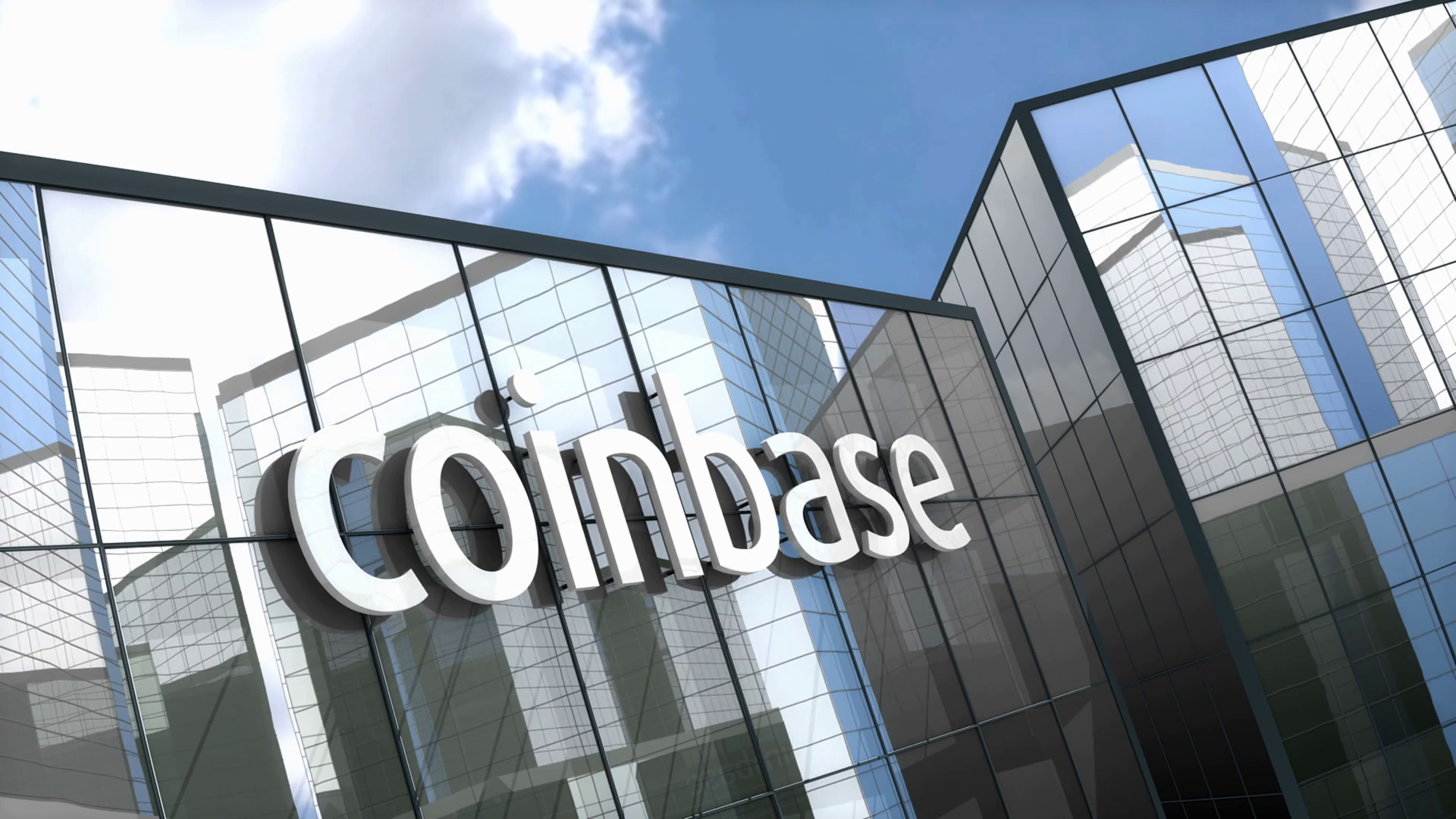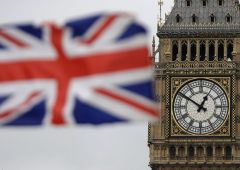Coinbase Outperforms Nasdaq and Traditional Stock Exchanges
18.12.2024 11:00 1 min. read Kosta Gushterov
The rise of cryptocurrency trading is rapidly outpacing the growth of traditional financial markets, with Coinbase playing a leading role, especially after the boost in market sentiment following Donald Trump’s election win.
Jamie Coutts, Chief Crypto Analyst at Real Vision, pointed out that Coinbase is now among the top five global exchanges by revenue, raking in $5.75 billion over the past year. This impressive figure surpasses even some major traditional stock exchanges like Nasdaq and CBOE.
Coinbase commands a dominant 11% share of global exchange revenue, which is more than double that of decentralized exchanges (DEXs). As the largest crypto exchange in the U.S., Coinbase continues to set the pace for the industry.
While centralized exchanges (CEXs) like Coinbase remain at the forefront, DEXs are growing rapidly, now holding a 5% share of the market, outperforming traditional platforms such as HKEX and CBOE. According to Coutts, both CEXs and DEXs are expanding 2.5 to 4 times faster than traditional finance.
If the market capitalization of centralized exchanges were calculated based on Coinbase’s price-to-sales ratio, it could reach as high as $749 billion, surpassing traditional finance’s $610 billion.
Looking ahead to 2025, Coutts anticipates heightened competition as traditional finance begins to integrate crypto-related activities. He also suggested that decentralized finance (DeFi) platforms could eventually outpace even leading cryptocurrencies like Bitcoin and Ethereum due to their ability to offer attractive returns.
-
1
Market Odds of a U.S. Recession in 2025 Drop in Half Since May
05.07.2025 18:30 2 min. read -
2
What Brian Armstrong’s New Stats Reveal About Institutional Crypto Growth
29.06.2025 15:00 2 min. read -
3
Vitalik Buterin Warns Digital ID Projects Could End Pseudonymity
29.06.2025 9:00 2 min. read -
4
Donald Trump Signs “One Big Beautiful Bill”: How It Can Reshape the Crypto Market
05.07.2025 9:56 2 min. read -
5
Toncoin Launches UAE Golden Visa Program Through $100,000 Staking Offer
06.07.2025 12:04 2 min. read
BitGo Files Confidentially for IPO With SEC
BitGo Holdings, Inc. has taken a key step toward becoming a publicly traded company by confidentially submitting a draft registration statement on Form S-1 to the U.S. Securities and Exchange Commission (SEC).
Crypto Greed Index Stays Elevated for 9 Days — What it Signals Next?
The crypto market continues to flash bullish signals, with the CMC Fear & Greed Index holding at 67 despite a minor pullback from yesterday.
U.S. Public Pension Giant Boosts Palantir and Strategy Holdings in Q2
According to a report by Barron’s, the Ohio Public Employees Retirement System (OPERS) made notable adjustments to its portfolio in Q2 2025, significantly increasing exposure to Palantir and Strategy while cutting back on Lyft.
Key Crypto Events to Watch in the Next Months
As crypto markets gain momentum heading into the second half of 2025, a series of pivotal regulatory and macroeconomic events are poised to shape sentiment, liquidity, and price action across the space.
-
1
Market Odds of a U.S. Recession in 2025 Drop in Half Since May
05.07.2025 18:30 2 min. read -
2
What Brian Armstrong’s New Stats Reveal About Institutional Crypto Growth
29.06.2025 15:00 2 min. read -
3
Vitalik Buterin Warns Digital ID Projects Could End Pseudonymity
29.06.2025 9:00 2 min. read -
4
Donald Trump Signs “One Big Beautiful Bill”: How It Can Reshape the Crypto Market
05.07.2025 9:56 2 min. read -
5
Toncoin Launches UAE Golden Visa Program Through $100,000 Staking Offer
06.07.2025 12:04 2 min. read


